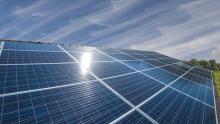New technologies slash energy costs for public buildings

Europe is not doing enough to reduce the energy consumption of its ageing public buildings. An EU-funded project has tested a number of new energy-saving technologies in a school, a university and two hospitals.








